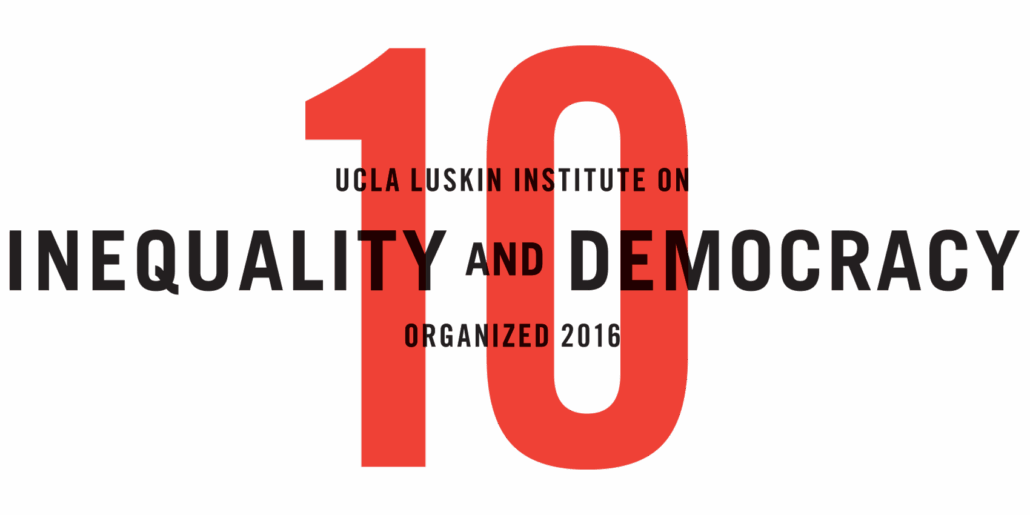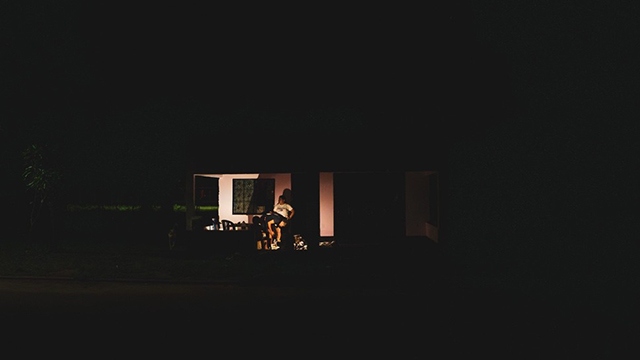Household in Puerto Carreño, Colombia, during a blackout. Image credit: Jorge Rocha
Accumulation by (De)lectrification
Juan Felipe Riaño-Landazabal, Geography, UCLA
Ideas and Organizing Doctoral Awardee 2024-25
In 2021, Puerto Carreño, in Colombia’s Eastern plains, became the first city in the country to be powered entirely by renewable energy. That year, one of the largest holding companies in the country inaugurated a bioenergy plant that burns forestry biomass from trees grown in nearby plantations to generate electricity for 30,000 Carreñenses. The bioenergy plant was supposed to be a solution to the city’s long-standing issues with electricity. Because Carreño is in a remote, off-the-grid region, securing access to this service has been logistically and financially challenging, a responsibility that has fallen upon the shoulders of both national and local governments. With the bioenergy plant, the generation of electricity is now the responsibility of a private company, which sells it to a local public utility company to distribute it throughout the town. The bioenergy plant was highly celebrated in national media, with then-President Ivan Duque praising it as a successful case of private capital supporting energy decarbonization while ensuring Carreño’s inhabitants 24 hours of electricity service.
However, Carreño’s reality today contrasts heavily with the praise for this bioenergy experiment. Carreño has suffered from recurrent blackouts since the biomass plant’s opening. Smaller businesses, such as produce and butcher shops, have incurred economic losses due to the lack of electricity to store their goods properly. The high temperatures, rising to 40°C/104°F in the summer months, are unbearable without electricity for ventilation and refrigeration. Electricity shortages also affect other public services, such as the water supply. Due to the weak water infrastructure, most people obtain water from wells using electricity-based water pumps, which do not function during power outages. This affects many households, especially those led by women, who often rely on water and electricity for much of the care work they provide. Juan Felipe studies what went wrong with the bioenergy plant and how people in Carreño cope and navigate local and national aspirations for so-called “energy transitions.” Centering debates around environmental, climate, and energy justice, this project examines the impacts of the increasing privatization of off-grid electrification in Colombia and how extra-economic relationships shape people’s everyday energy geographies.




